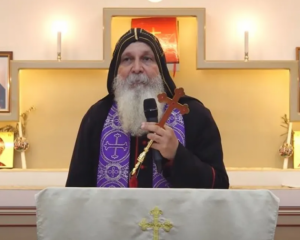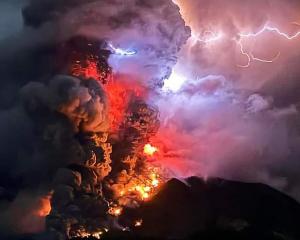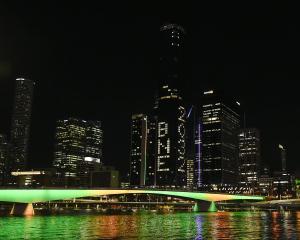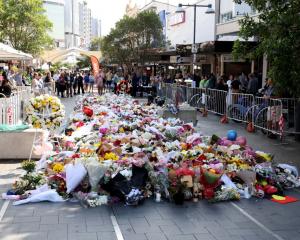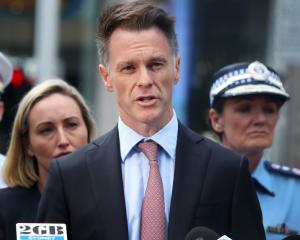Pressure is growing on the manager of Russia's Bolshoi Theatre after a prime-time television show criticised him over a "decade of scandal", including an acid attack on its ballet chief.
The show, hosted by a top lawmaker from President Vladimir Putin's ruling party, said General Manager Anatoly Iksanov's more than 12 years at the helm had been marked by a decline in the reputation of one of Russia's great cultural institutions.
It also questioned his handling of events since an acid attack by a masked assailant on January 17 nearly blinded Sergei Filin, the Bolshoi Ballet's artistic director.
Iksanov was not available for comment but a spokeswoman dismissed it as the latest in a series of attacks on the Bolshoi by host Alexei Pushkov who is also the head of the foreign affairs committee in the lower house of parliament.
The acid attack, for which no arrests have been made, has drawn attention to bitter rivalries at the Bolshoi, including a row between Iksanov and veteran dancer Nikolai Tsiskaridze.
"The Bolshoi leadership has not changed for many years," Post Scriptum, a current affairs programme that airs at 9:00 p.m. (1700 GMT) on Saturday nights, said in its latest edition.
"In that time, ministers and deputy prime ministers have changed, the prime minister has changed three times, and the culture minister has changed three times, but the leadership of the Bolshoi amazes everyone with its stability."
Post Scriptum's report also criticised the standard of artistic performances and Pushkov concluded by saying the Bolshoi had "gone from the cultural pages to the scandal pages".
"After all, the task of the theatre includes providing entertainment, and the Bolshoi Theatre is without doubt entertaining us. If it's not doing so with loud premiers, then it is doing so with loud scandals. And the management is, of course, coping very well in this," he said.
Bolshoi spokeswoman Katerina Novikova said it was not the first time Pushkov had criticised the theatre and that his programme had not produced a balanced picture to reflect new productions and the success of performances in Russia and abroad.
"Of course, it's a question of different tastes ... but at least he should have tried to give an objective picture - unless you have a different goal in your mind," she said.
Novikova has previously said the theatre is the victim of a campaign being waged against it in the "yellow press".
FILIN RECOVERING IN GERMANY
Post Scriptum, a well-established programme on air for more than a decade, underlines its editorial independence although Pushkov is a senior representative of Putin's United Russia.
Intrigue is not new to the Bolshoi, which has weathered scandals over more than 200 years of history and reopened to great fanfare in 2011 after a $700-million, six-year renovation.
But the attack on Filin, 42, has shocked Russia. He is being treated in Germany to save his sight, damaged by the sulphuric acid thrown in his face outside his apartment late at night.
Vladimir Neroyev, chief ophthalmologist at Russia's Health Ministry, said it was not clear when Filin would return home.
"His left eye does not cause such concern, but the right eye is still in a bad condition," he told Interfax news agency.
The general manager of the Bolshoi is appointed by the government. Iksanov has held the post since September 2000.
Post Scriptum highlighted recent problems at the Bolshoi including an attempt to fire a ballerina for being too heavy in 2003 and the resignation of a deputy ballet director in 2011 after pornographic images of him appeared on the Internet.
The costs of the theatre's revamp, it said, had cost 16 times the original estimate. It also quoted leading cultural figures as saying artistic standards had slipped as well, using footage that in once case dated from 2006.
Composer Vladimir Martynov said the Bolshoi had become "a grave of Russian culture". Actor and director Oleg Tabakov was quoted as criticising the Bolshoi management for failing to stop rumours swirling about life behind the scenes.
Regretting the public criticism of dancer Tsiskaridze, Tabakov said: "You need to lead the whole team so that such subjects do not even arise in the first place."



